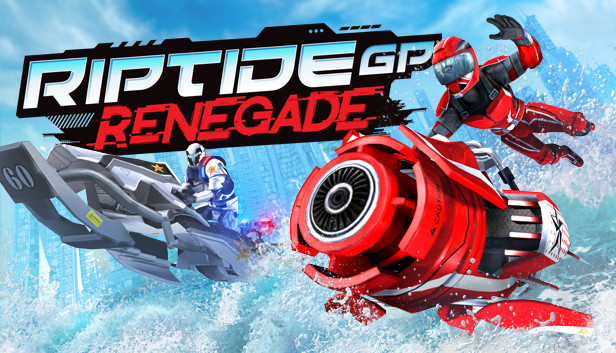I think part of the problem with marketing data sometimes is the sample. Sounds like they lumped in Mobile with everything, surveys might not be as relevant and representative of 'big game' gamers I was thinking about if we're lumping in Candy Crush people and more niche general gamers. Interesting graphs, but I'd like to see them segment it a little further.
The ESA today and confirmed that this data represents games all up--including
PC, console, and mobile.
Anecdotally I used to work with a bunch of lads who just played COD, Fifa and Football manager and nothing else, and my bro in law bought a PS4 last year because he was injured and just picked up Far Cry 5 and a newer COD because he liked them before. I bet those series and some other like them have a lot of fans who only play them and never really look at anything else.
For AAA buyers, that's definitely true, and that's what we were talking about, but it's very different with indies. Just pointing that out for no apparent reason
Indies tend not to generate much buzz unless their sales have already taken off, and often they can be successful without generating any buzz at all. When they do generate buzz, it's usually comes from influencers. Usually it's a multiplayer game.
*****
Most of the smaller budget games that I've bought I've heard about on podcasts or websites because they already took off at least a little and I heard the buzz. Theres just too many games and not enough time for me to try things that I have just read the box art on these days.
I think hype has relative levels, and small devs sending keys to influencers like podcasters, streamers/Youtubers and websites need to stand out somehow. If theyre not already known, just to get influencers to consider spending time on them is tough. Said before that I like
Splattercat on Youtube because he often looks at a lot of lesser known games, but I dont think theres much of a niche for people showing smaller unknown games to get the views they need to survive.
What the heck is an MTX?
AAA games are expensive AT FIRST. Wait a year and the half price sales start. Wait longer and they get even cheaper. Wasn't Horizon: Zero Dawn (which already includes the DLC) just $12.50 in the Winter sale?
The nice things about AAA:
- The game is more likely to work better. If it doesn't, you'll hear about it long before the price comes down, so you'll be able to avoid the title with ease.
- Graphics are often (but not always) better.
- Music tends to be better than the indie stuff. Some of the B-level studios can afford to hire great music, but the indies? It's probably somebody they know. That can work, but with the AAA's? It's going to be somebody that knows what they are doing and will spend the time needed to do it.
- GUI tends to be cleaner. Some of that is because they can afford to spend more time making it cleaner, some of that is because they streamline their games for mass audiences, so there's less stuff that needs to be in the GUI in the first place.
- Voice acting tends to be a lot better. Top-tier voice acting ain't cheap, especially if you plan to support more than one language.
- Your friend is probably playing it - though your friend is probably too undisciplined to wait for the price to come down.
- If the game just kinda sucks, you'll hear about that, too. And, if it recovers from the suckiness, that will also make the news.
I want to say that whether a game is AAA or indie is less important to me than whether the concept is interesting. In theory thats true, but when a big game hits big its much more likely to get out there because games from big studios just naturally get more attention. Same is true of the opposite of course, if it all goes wrong.
Then we have to think about to what counts as AAA. I loved Doom 2016 because it felt fresh at the time, but is it a AAA game? Is Sekiro, or Baldurs Gate 3, Dead Space? Or are AAA games the ones that have regular installments and tend to follow a Formula. Does that then make Civilization AAA?






